Finances
Empower Your Education: Select from the Best Student Loans
From application to graduation, student loans can give you a helping hand. Check this comprehensive guide to the best student loans that empowers students and families with essential knowledge to make an informed decision.
Advertisement
Are you financially struggling with your education? Then a loan might be what you need! So learn how to secure the best student loans and build a successful future!
Select the best student loan based on your needs
With the constant rise in tuition costs and mounting college expenses, the search for student loans can feel like navigating an intimidating maze.

Discover Your Perfect Personal Loan Fit
Building a solid financial foundation starts with choosing the right personal loan. Keep reading and learn how to choose it!
But this blog post aims to demystify the complexities surrounding student loans. You’ll get easy-to-understand knowledge and practical tools to make an informed decision!
What are student loans and how do they work?
Student loans are financial resources to assist students in funding their higher education expenses.
Government institutions or private lenders provide these loans. You must repay it over time, usually after you complete your education.
You’ll receive a determined amount of money, and you can use it for tuition, textbooks, housing, and other related costs.
You will be redirected to another website
You’ll receive messages for less than 1 week, with a maximum of 1 message per day. You can unsubscribe anytime by replying STOP. By submitting this form, I confirm that I am 18+ years old and agree to the Privacy Policy and Terms and Conditions. I also provide my signature, giving express consent to receive informational messages via automated emails, SMS, MMS text messages, and other forms of communication. Message frequency may vary as part of our good-faith effort to respond to your inquiry. Message and data rates may apply. Text STOP to cancel. I understand that my consent to receive communications is not a condition of purchase and that I may revoke my consent at any time.
Advantages
- Student loans often have lower rates compared to other types of loans;
- Also, these loans typically offer deferred repayment options, allowing you to postpone making payments until after graduation;
- Flexible repayment plans, such as income-driven repayment or extended repayment options;
- Unlike other loans, student loans are structured to support the unique financial needs associated with pursuing a degree;
- Also, some student loans, particularly those offered by government entities, may provide chances for loan forgiveness programs.
Disadvantages
- Student loans can lead to a significant accumulation of debt, especially considering the rising cost of tuition and related expenses;
- Borrowers may be paying off their loans well into their careers, impacting their ability to save, invest, or pursue other financial goals;
- Student loans may have requirements based on factors such as academic progress, enrollment status, or degree program, making them less accessible or limited to specific individuals or institutions;
- Unlike some other types of debt, such as credit card or medical debt, student loans are typically not dischargeable in bankruptcy.
What types of student loans are available?

There are many different types of student loans available to finance education. The common types include:
- Federal Direct Subsidized Loans: These loans are offered by the U.S. Department of Education and are based on financial need. The government pays the interest while the borrower is in school and during deferment periods;
- Federal Direct Unsubsidized Loans: Also provided by the U.S. Department of Education, these loans are not based on financial need. Interest accrues while the borrower is in school, during deferment, and grace periods;
- Parent PLUS Loans: The loan is taken in the parent’s name, and they are responsible for repayment;
- Graduate PLUS Loans: These federal loans are available to graduate and professional students;
- Private Student Loans: Banks, credit unions, or online financial institutions may offer private loans for educational purposes. It typically has higher rates and may require a credit check or a co-signer.
What is the difference between federal and private student loans?
Federal student loans are offered by the U.S. Department of Education and provide various benefits, including fixed interest rates, flexible terms, potential loan forgiveness.
Moreover, they are available to eligible students based on financial need and offer borrower protections.
On the other hand, private loans for education are provided by private lenders and typically have higher rates and fewer borrower protections.
Private loans may require a credit check or a co-signer, and terms may be less flexible. But you can find affordable and flexible private loans, too, as it varies from lender to lender.
Also, private loans are not backed by the government and may have different eligibility criteria and terms compared to federal loans.

What are payday loans and how do they work?
Demonized by one, considered salvation by others: payday loans divide opinions. Understand how this type of loan works and when you should really use it!
How much can you borrow with student loans?
The amount you can borrow with these loans depends on various factors, including the type of loan, your educational level, and your financial need.
Private student loans, offered by private lenders, typically have higher borrowing limits compared to federal loans.
The specific amount you can borrow with a private student loan depends on the lender’s policies, your credit, and the cost of attendance at your educational institution.
But usually, the loan amount can vary from $1,00 up to 100% of your education costs. This includes tuition, books, food, and everything related to your education needs.
When do you have to start repaying your student loans?
Repayment typically begins after a grace period, which varies depending on the type of loan.
For federal loans, the grace period is usually 6 months after graduation, leaving school, or dropping below half-time enrollment.
Unlike federal loans with standard grace periods, private loan providers may have different policies and timeframes before repayment starts.
Can you use student loans to pay for living expenses?
You can use student loans to cover various educational expenses, including living expenses.
The primary purpose of these loans is to fund tuition fees and related educational costs.
Therefore, expenses such as textbooks and supplies are included. Also, you can cover reasonable living expenses during the period of enrollment.
These living expenses may include rent, utilities, groceries, transportation, and other essential needs.
Alternatives to student loans

There are options to consider when seeking funding for education without solely relying on student loans. Here are some options:
Scholarships and Grants
Seek out financial aid that doesn’t require repayment, such as scholarships and grants based on merit or need.
Work-Study Programs
Take advantage of part-time employment opportunities offered by your college or university to earn income while studying.
Savings and Income
Use personal savings, income from jobs, or contributions from family to finance your education.
Tuition Reimbursement
Check if your employer provides financial assistance for employees pursuing higher education.
Crowdfunding and Fundraising
Utilize those platforms to gather financial support from family, friends, and community members.
Income Sharing Agreements (ISAs)
Explore agreements where funding is provided in exchange for a percentage of your future income.
Discover the Ascent Student Loan: empowering your educational journey
Looking for the best student loans to align with your aspirations? Explore our review of the Ascent Student Loan.
We’ll give you an overview of its features, benefits, and eligibility criteria. Find out if this loan is the right fit for your financial needs and academic dreams.
Don’t miss out on the chance to make an informed decision – check our full review now!
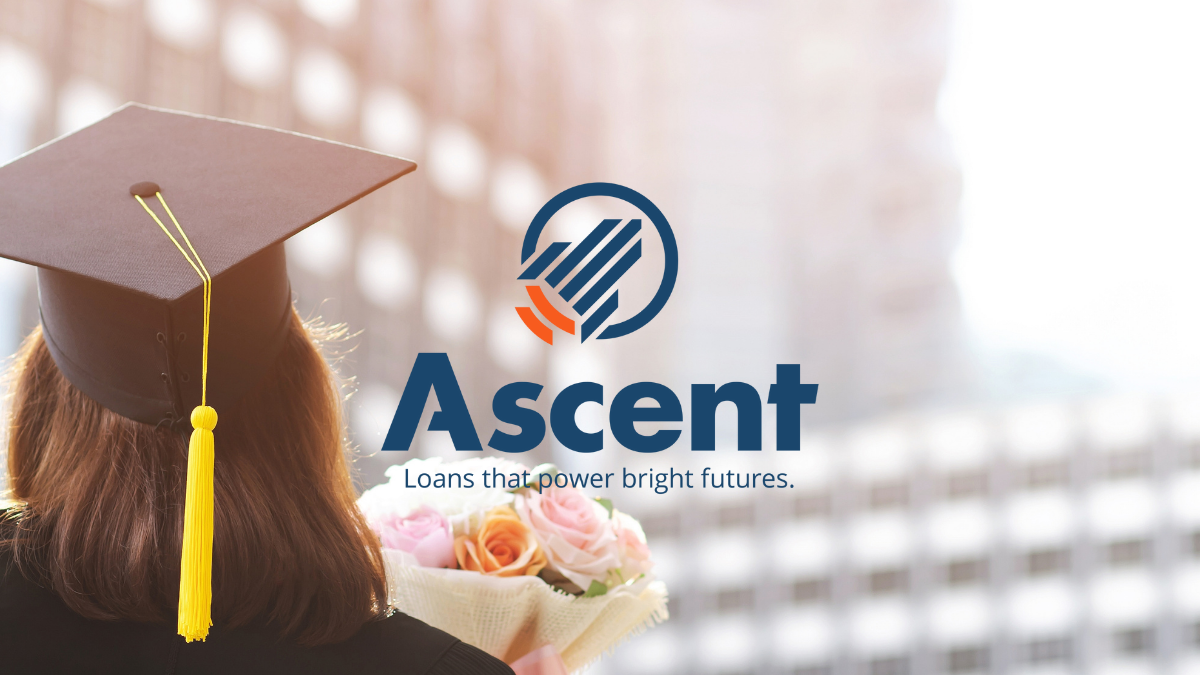
Ascent Student Loan Review
Discover the innovative solutions offered by Ascent Student Loans – ensure you make the right choice for your education. Read on!
Trending Topics
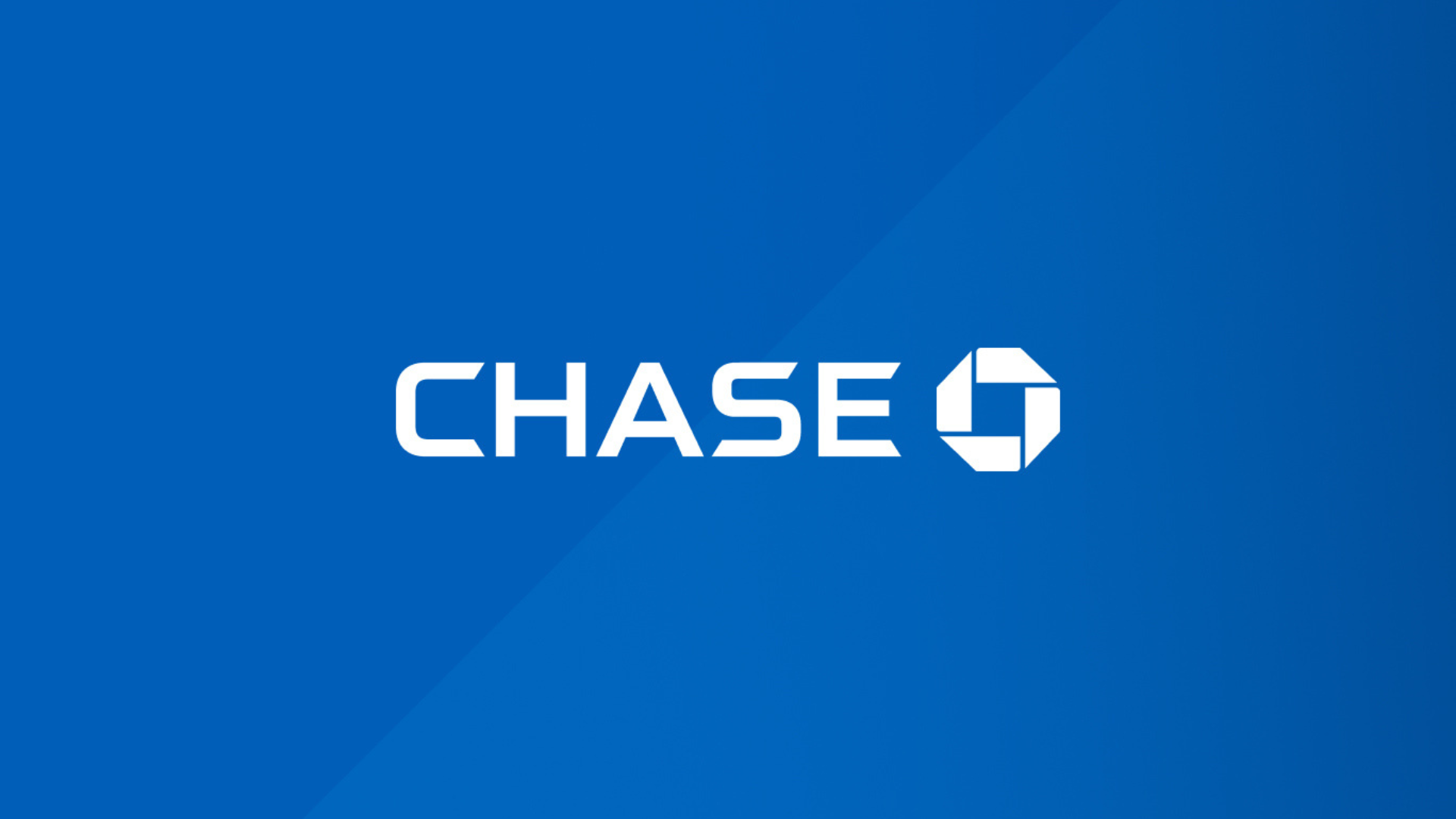
Chase Freedom® Student credit card full review: should you get it?
Meet the Chase Freedom® Student credit card—the credit card made for students—with cash back and an interesting APR rate. Read on!
Keep Reading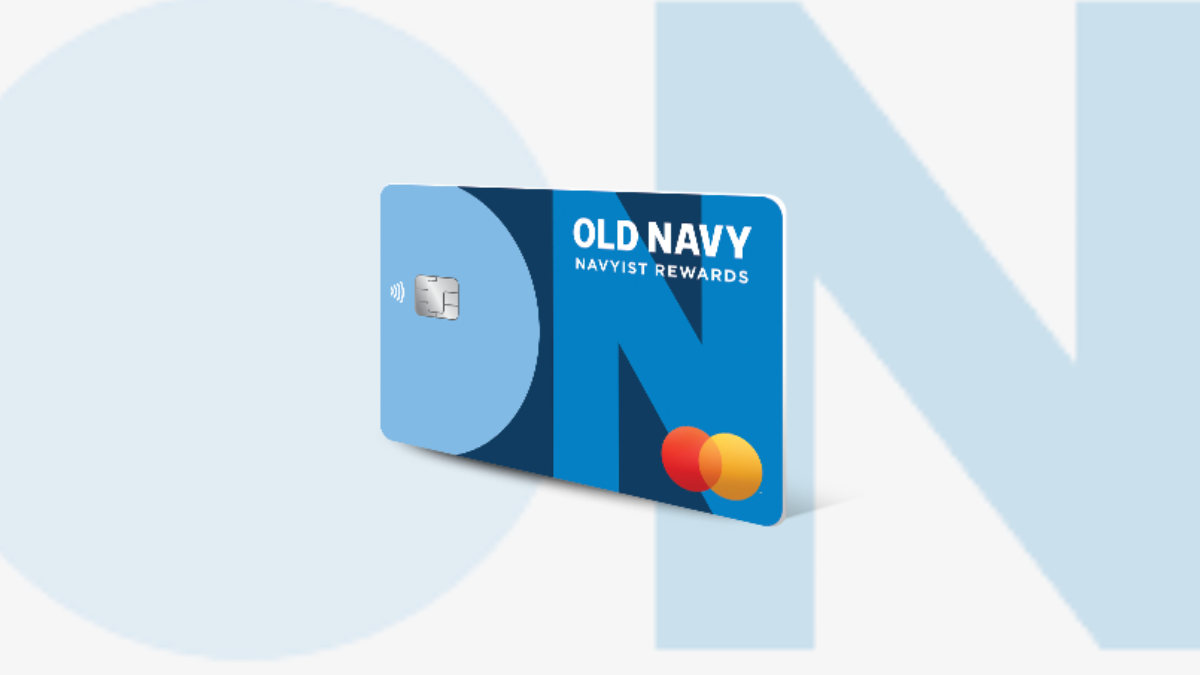
Navyist Rewards Mastercard®: check out how to apply!
Apply to Navyist Rewards Mastercard® and participate in a rewards program! Earn up to 5 points on purchases and more! Read on!
Keep Reading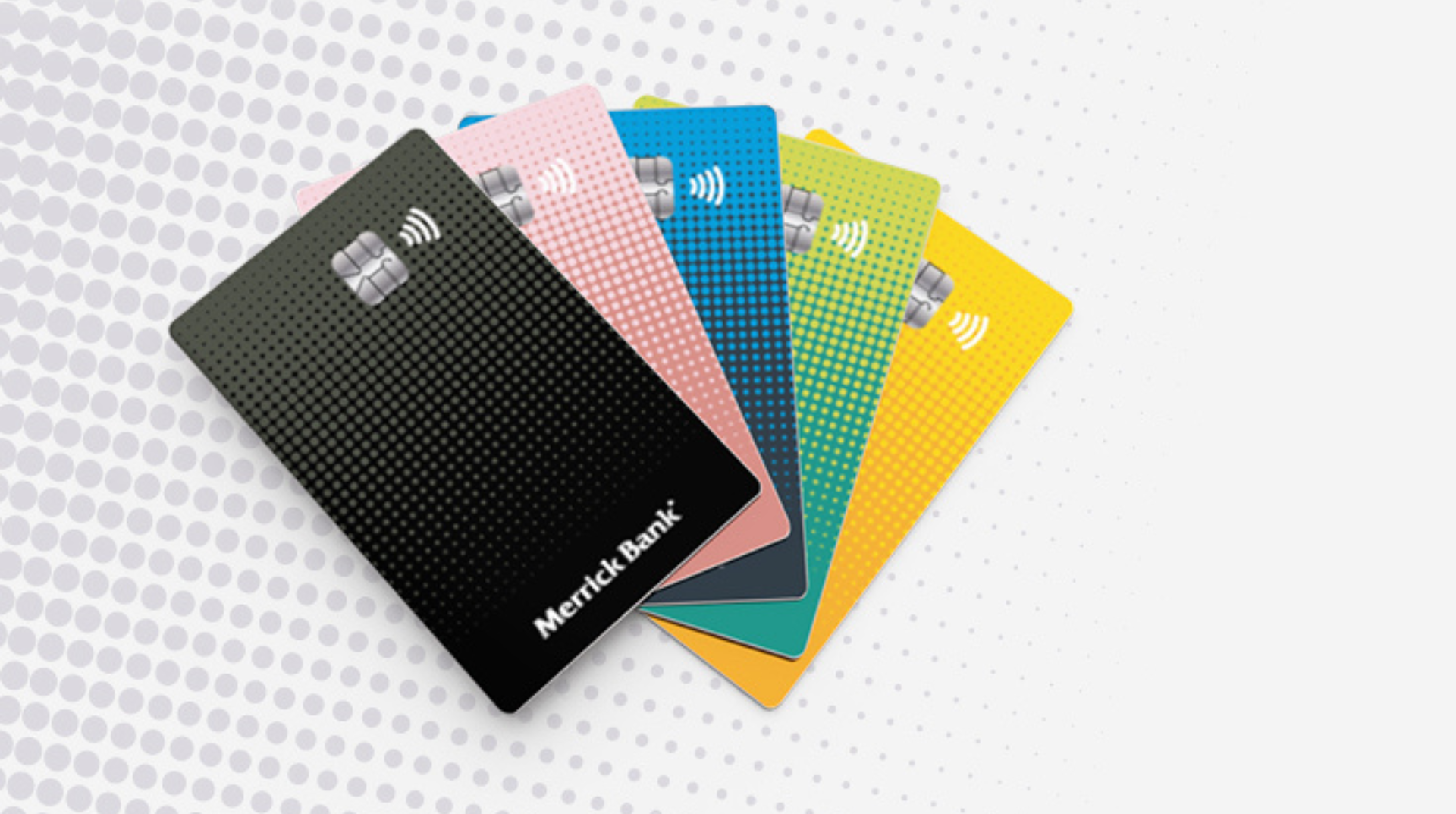
Merrick Bank Secured Card: check out how to apply!
Apply for the Merrick Bank Secured Card to get a high credit line of up to $3,000 and start building your credit score!
Keep ReadingYou may also like

The economy in Canada: where we are, where we’re going
Understand what experts say about the economy in Canada. Will we have a recession in the future? Click here and discover this and much more.
Keep Reading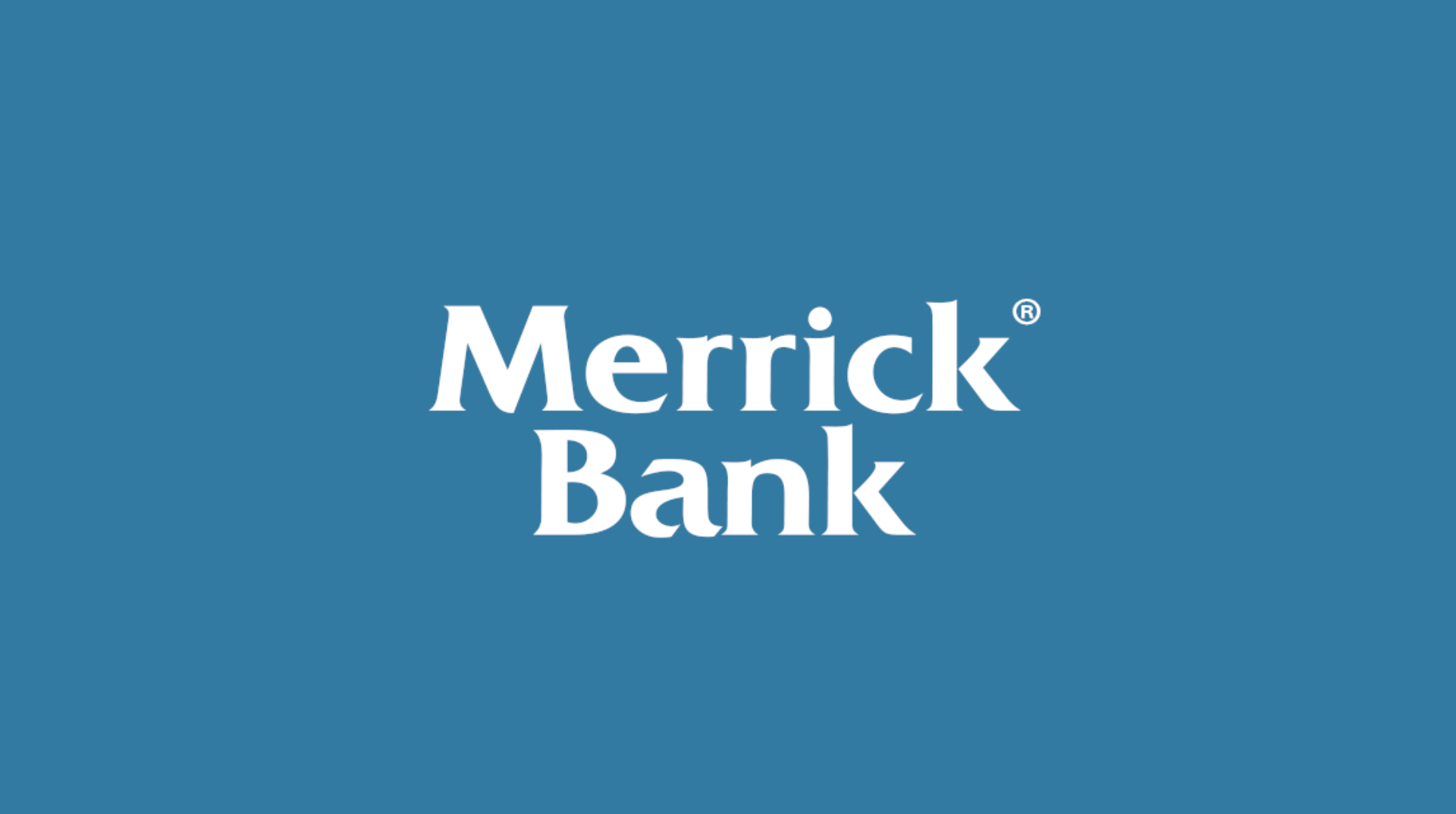
Merrick Bank Double Your Line Secured Credit Card full review: should you get it?
Credit building? Count on the Merrick Bank Double Your Line Secured Credit Card: one of the lowest APR and many other advantages. Check out!
Keep Reading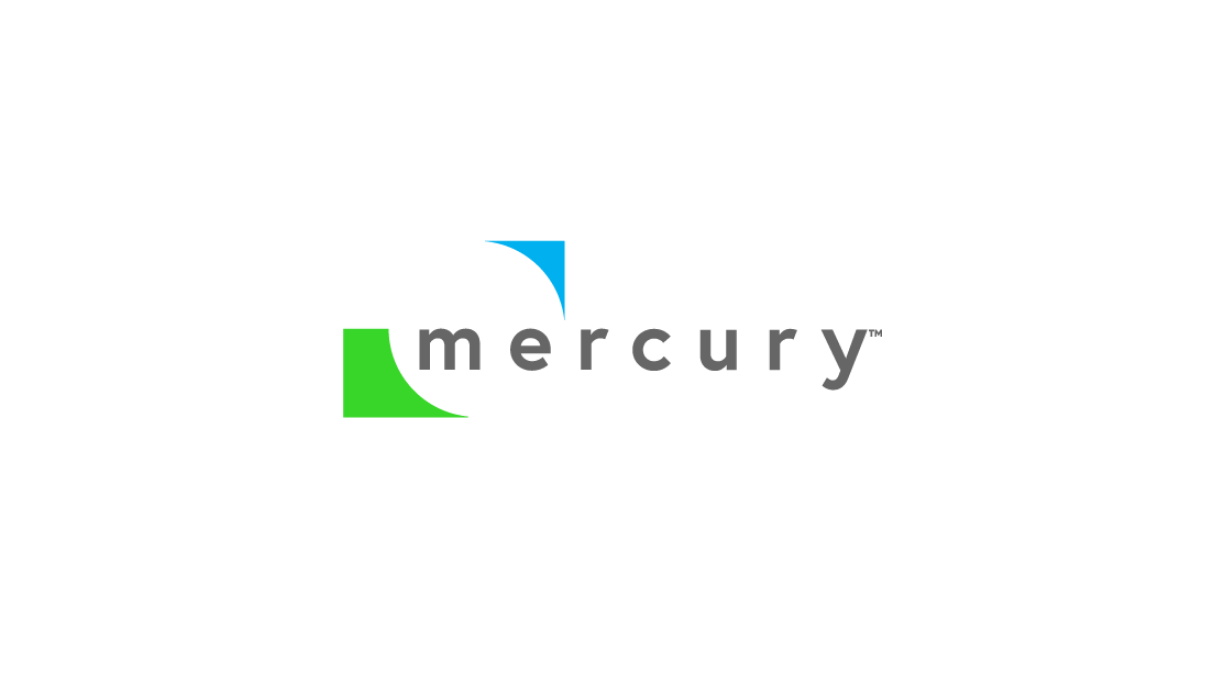
Mercury® Mastercard® credit card full review: should you get it?
Meet the Mercury® Mastercard®, the card for anyone looking to build credit while accumulating rewards in a solid cashback program.
Keep Reading